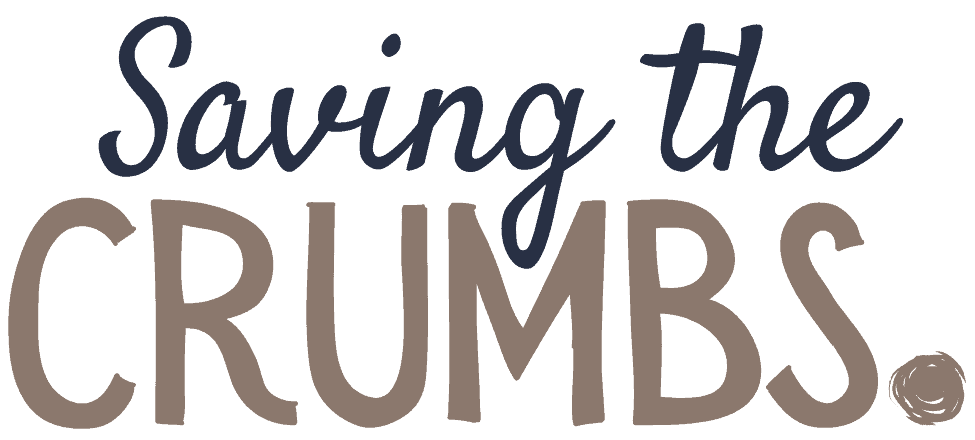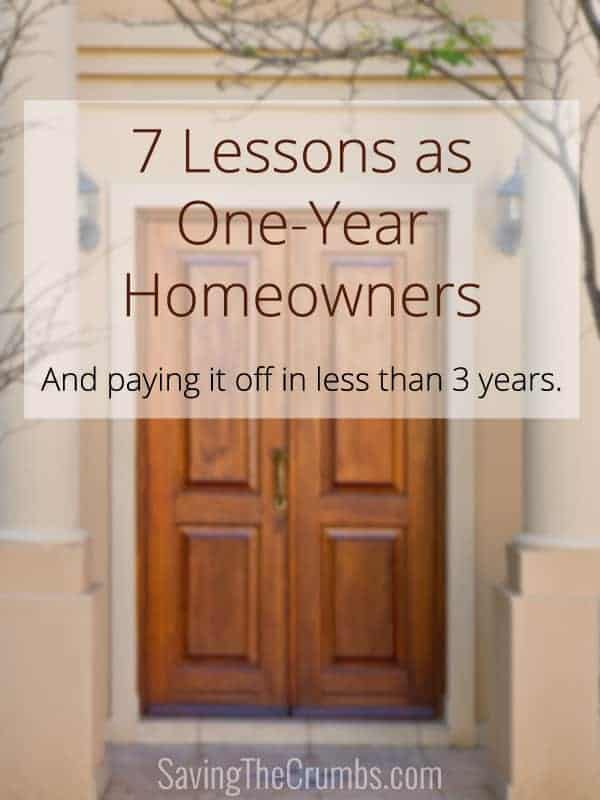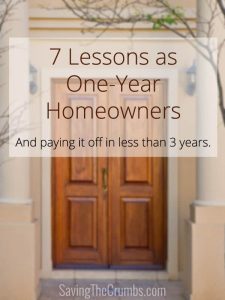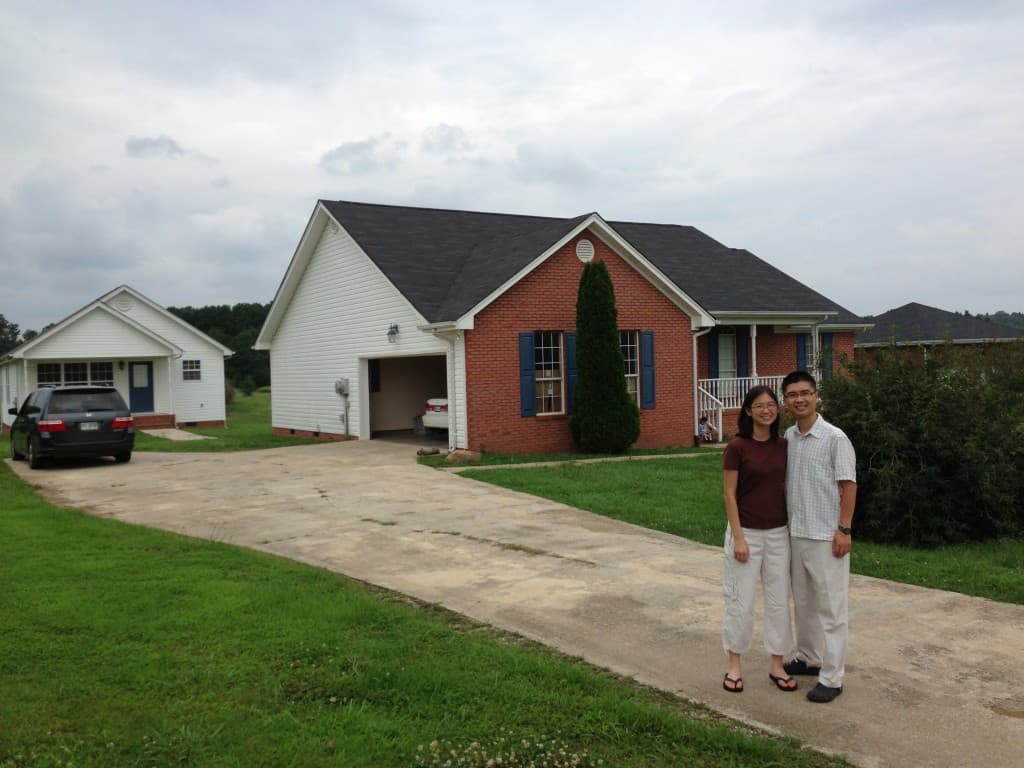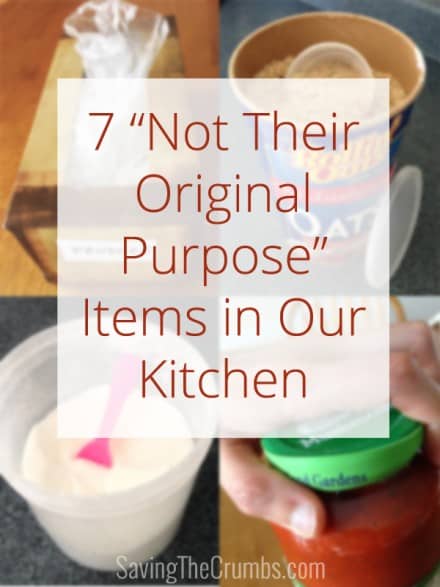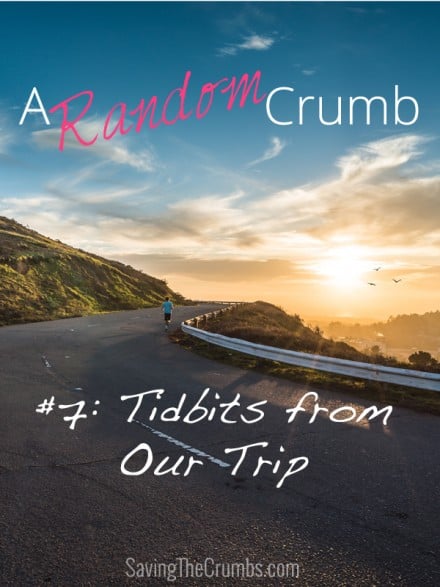On July 31, 2013 we made the largest purchase of our entire lives. We signed on the dotted line and bought our first home! It’s been one year and we are nearly halfway through paying off the house. Yes, you read that correctly, we are slated to pay off our mortgage sometime near the end of 2015–meaning our entire mortgage would last us a little more than 2 years. So how are we doing this? Check out our previous post on our household income, expenses, and savings as well as the one on our monthly budget, it will provide some helpful context of our financial picture. In this post, we’ll be sharing 7 lessons on homeownership from our experience, many of which are instrumental in allowing us to have such a short pay-off time. Some of you might be considering buying a home now or will at some point in your lives, and it’s certainly a step that will alter your financial history forever. Hopefully some of the things we’ve learned can help those of you interested in taking the leap to owning a house too.
1. Bigger isn’t always better.
When picking out a house, the common tendency is to go as big as possible, but bigger isn’t necessarily better. A bigger house means more cleaning, higher property taxes and insurance, more maintenance, more volume to heat and cool, and more space that inevitably will get filled with unnecessary stuff. In other words, a house that’s bigger than your needs will be a constant drain on your resources. How much space is needed will vary from family to family, for example a childless couple (like us) will need much less space than a family with 5 kids. But often even when the 5 kids are grown and gone, the empty-nesters continue paying for a house far exceeding their needs and often their capacity to maintain. It’s better to have a place that’s a little bit snug but forces us to use our ingenuity to make the space stretch, rather than a place that’s a little too big that requires us to make our budget stretch! You’ll be amazed at how adaptable we can be to smaller living quarters. We always find it remarkable to visit our friends in places like Hong Kong where an ENTIRE family and all their earthly belongings fit inside a tiny 500 square foot flat! Our 1400 square foot 3 bed/2 bath house looks cavernous in comparison! Just remember, a smaller house means a smaller price tag which results in a shorter mortgage.
2. Put as much down as possible.
While it may be possible to buy a house with a small down payment (or sometimes NO down payment), we chose not to go that route. We wanted to be in debt for as short a period as possible, and so chose to put as much down on the house as possible. In fact, Deb had a secret wish to pay cash for a house someday and so she’s been saving up like a crazy woman for years ever since her very first job out of college! By the time we were ready to buy, we were able to put $100,000 down on our $185,000 home. That’s a 54% down payment!
A few benefits to having a huge down payment besides being in debt for a shorter time is that you get approved for your mortgage much easier and sellers are more willing to play ball because they’re more confident that you can come up with the money to buy. Not to mention you get spared the private mortgage insurance (PMI) which is usually mandatory for sub-20% down payments.
3. Homeownership expenses don’t end at the closing.
You hand over your down payment check, sign the closing documents, and “woohoo!” you’re done, right? Not quite. Despite saving up like mad for the down payment on our home, we didn’t put it all into the closing. We knew that there were moving expenses, furnishings, tools, improvements, maintenance, property taxes, insurance, and a whole host of other things that we needed to worry about. So we kept $20,000 of savings to cover for all of these other expenses. Good thing we did too, because it allowed us to make some long-term investments like our solar panels which reduces our monthly expenses.
4. Homeownership responsibilities are not well advertised.
As alluded to in the previous point, owning your home means that the buck stops with you…for EVERYTHING. No more phoning your landlord in the middle of the night when a water pipe bursts. It’s all on you now! Mice in the wall? You live with it, figure it out, or pay someone to fix it. Lawn is turning into a jungle? You cut it yourself or you pay someone else to. Septic tank is backing up into your house? Yeah, you get the idea. Consider well all of these realities of owning your own place before taking the plunge. They are real and they can prove just how grown-up you are.
Relatedly, if you don’t have a topped-up emergency fund, don’t even think about owning a home yet because every little issue that pops up will be a huge financial strain. (And they WILL pop up.) You’d hate to be sitting in a flooded house with no money to pay for a plumber!
5. A lower interest rate trumps a lower monthly payment.
I hate paying interest, even if it is interest that might be deductible on my taxes (see next point). So when considering the prospects of getting a mortgage where I am on the hook for paying interest possibly for SEVERAL DECADES, I’m ready to flip out! So rather than simply looking at the biggest mortgage with the lowest monthly payment, I looked for the mortgage with LOWEST interest rate possible. This typically would be the 15-year fixed-rate mortgage. I don’t have the space to analyze all the different types of mortgages here (don’t even get me started on interest-only mortgages, ARMs, or balloons), but for sake of comparison let’s just take a look at a 30-year fixed rate vs. a 15-year fixed rate mortgage for $100,000 to see how they stack up.
| $100,000 mortgage | Interest Rate | Monthly payment | Total Interest after 15 years. |
| 30-year fixed rate | 4.30% | $494.87 | $54,639.12 |
| 15-year fixed rate | 3.50% | $714.88 | $28,678.86 |
| Difference | 0.80% | -$220.01 | $25,960.26 |
So while most people will look at the monthly payment and say, “I can’t POSSIBLY pay $220 more each month!” I say, “I can’t POSSIBLY pay $26,000 more for this house!” Moreover, notice that this is simply comparing the difference for the first 15 years, meaning the 30-year mortgage has 15 more years to go, and will result in costing $50,000 more in total interest than the 15-year mortgage–not to mention, this is only for a “small” $100,000 mortgage! Someone stop the madness!
But the reality is that paying the full term for ANY mortgage is unconscionable, so even the idea of paying interest for 15 years gives me acid reflux. At our projected rate of paying off the mortgage on our house, our total interest will be around $3500. That’s still $3500 more than what I would prefer, but it sure beats the alternative.
6. Getting a mortgage in order to reduce taxes is wrongheaded.
When I say we are trying to pay off our mortgage as quickly as possible, inevitably the question comes up, “But don’t you want to keep your mortgage in order to help your taxes?” I respond with this question, “If you had the money to pay cash for a house, would you get a mortgage in order to ‘help your taxes’?” No, you wouldn’t. Instinctively most people know that it’s better to own your home outright, rather than rent it from the bank. But more importantly, the idea that a mortgage is better for your taxes than paying it off IS A MYTH!
Firstly, this tax deduction only applies if you itemize on your taxes and the vast majority of Americans do not itemize, so any tax benefits vanishes for those people. Secondly, only the INTEREST that you pay in your mortgage is deductible, NOT the entire amount. So assuming you itemize, let’s consider an example to see how this works.
Suppose you have a $200,000 mortgage with 5% interest. You can deduct $10,000 of interest from your taxes. That means that your taxable income is reduced by $10,000. It does NOT mean that you get a $10,000 tax refund. So if you make $75,000, you now are taxed at $65,000. If you get taxed at a rate of 25%, then you saved $2500 in taxes. So in other words, you paid $10,000 only to get back $2500. In case you didn’t catch it, you would still be losing $7500. If you paid off the mortgage, and you STILL want to give away $10,000 in order to “earn” a $2500 tax refund, why not donate that amount to a charity instead and do some good with it?
So what’s the point? The mortgage interest tax deduction is nice to take a little bit of the edge off of a home purchase, but it’s still better to pay that mortgage off.
7. A home, instead of an expense, can be a source of income.
As we’ve shared in a previous post, Don’t Kill Your Money, the careful Crumb Saver will try to put as many green soldiers to work in bringing back more money than sending them out to die. For this reason, I’ve always struggled with the idea of renting. It’s not exactly a waste because I need a place to live, but I always thought that it would be so much better if all that money paid out each month can actually go toward something that I would own someday. So the idea that paying into a mortgage for a home is better than simply paying rent was a big motivation for us purchasing our first home.
Then, as I’ve explained already, it’s far better to own our home outright instead of letting the bank own it while we pay them off each month. So our current biggest financial goal is to get this home paid off as quickly as humanly possible.
Yet, that’s not even as good as it can get. Beyond having our home fully paid off, eliminating what is typically the largest expense in most people’s budgets (rent or mortgage payments), wouldn’t it be even better if our home could MAKE MONEY for us? So right now, our solar panels generate electricity that we get paid for, and we also rent out a guesthouse on our property. We have fruit trees, berry bushes, and a vegetable garden to help supplement our grocery bill as well. There are all sorts of other ideas where people utilize the asset of their home to generate income. Many people run businesses out of their homes (additional tax incentives there), some raise free-range chickens and sell their eggs, others rent out their homes for cash while they’re away on trips, and the list continues. The point is that homeownership can be a financial asset that facilitates the generation of additional income beyond the simple appreciation of the value of the property.
8. Bonus! Consult your head first, then your heart.
I know I said only 7 lessons, but this one is so crucial I’ll throw it in at no extra charge. Homeownership can be a tremendous financial blessing, but it can also be a tremendous financial curse. The temptation is to go into the home purchase fueled by the drive to find “the place of our dreams”. It’s easy to focus on the appearance of a house and all its features and amenities, but what good will it be if it becomes a galling financial yoke for the rest of your lives? When you’re reflecting one year into your mortgage, how do you want to feel? What would your future self look back to tell you?
Do yourself a favor and use your head instead of just your feelings in making this monumental decision. Get your financial priorities in order before setting out on the first home viewing (or before you get too distracted on Zillow for that matter!) and set your boundaries for what you can afford. Then look for that dream home that can also help you attain your financial dreams as well.
Here’s a photo that a friend took of us a few days after we moved in last year.
Happy house hunting!
Update!: THE HOUSE IS PAID OFF! Check out our post on the 2-year anniversary of our home purchase to read all about it. How to Pay Off the House in 2 Years
